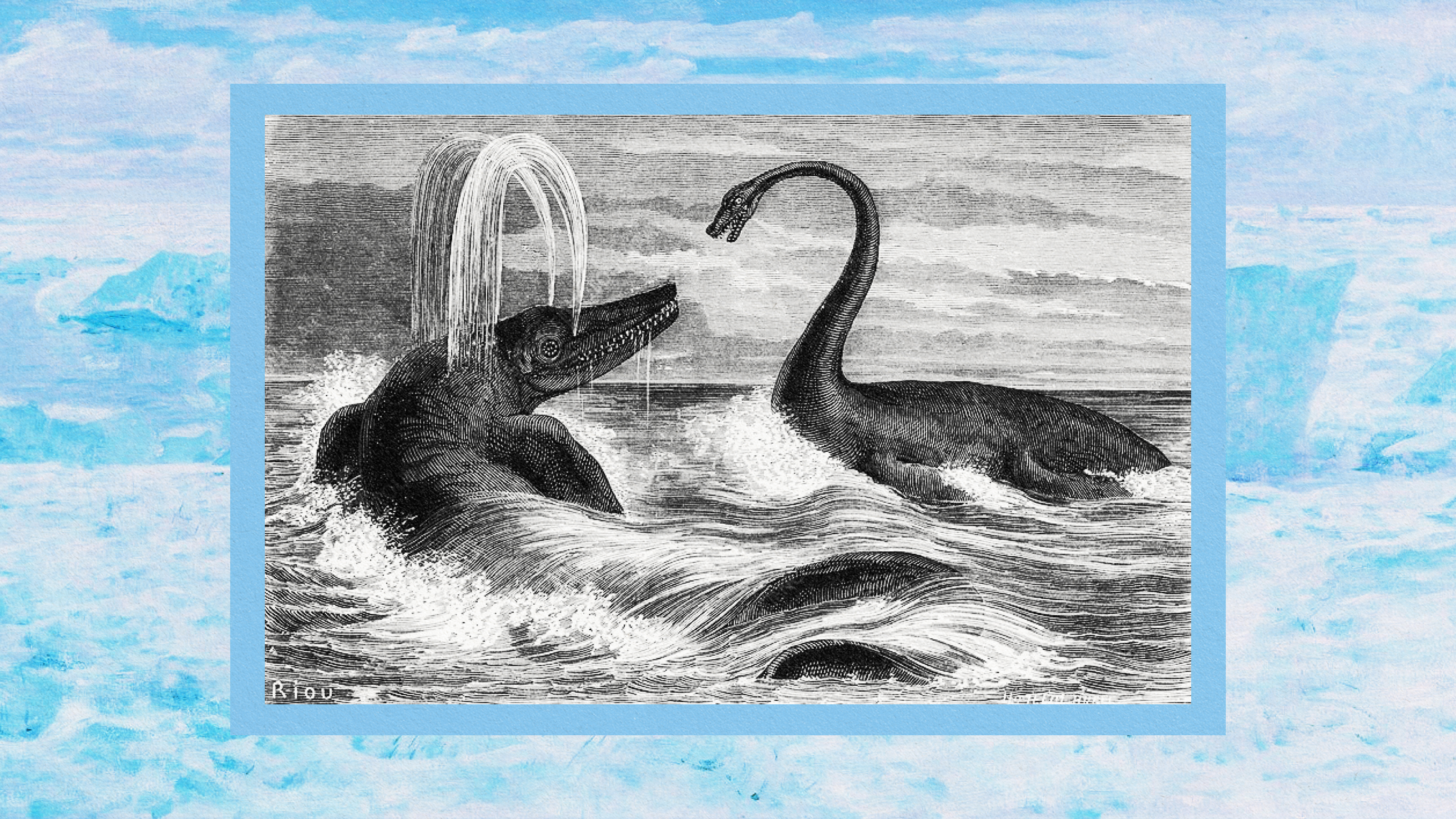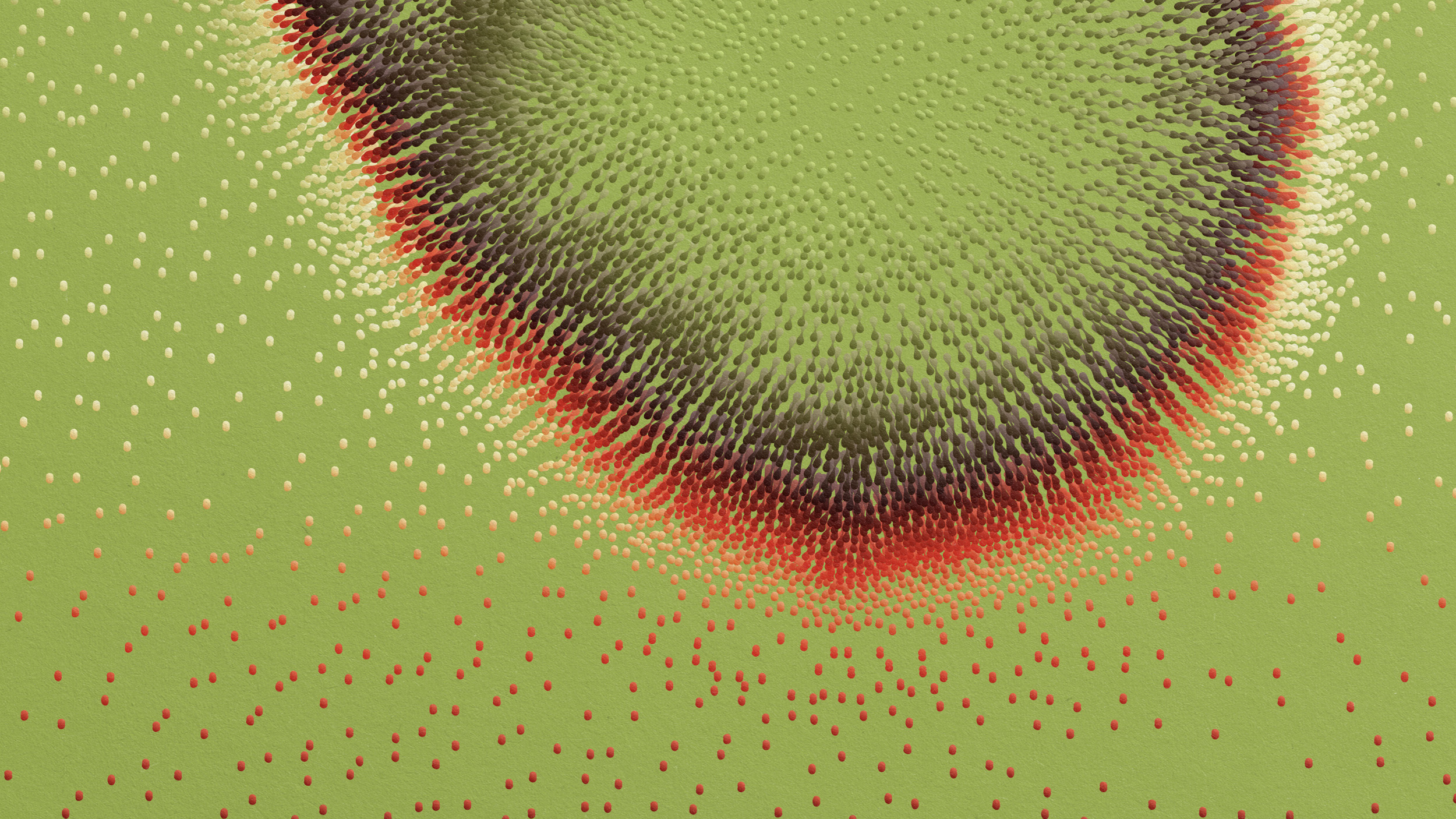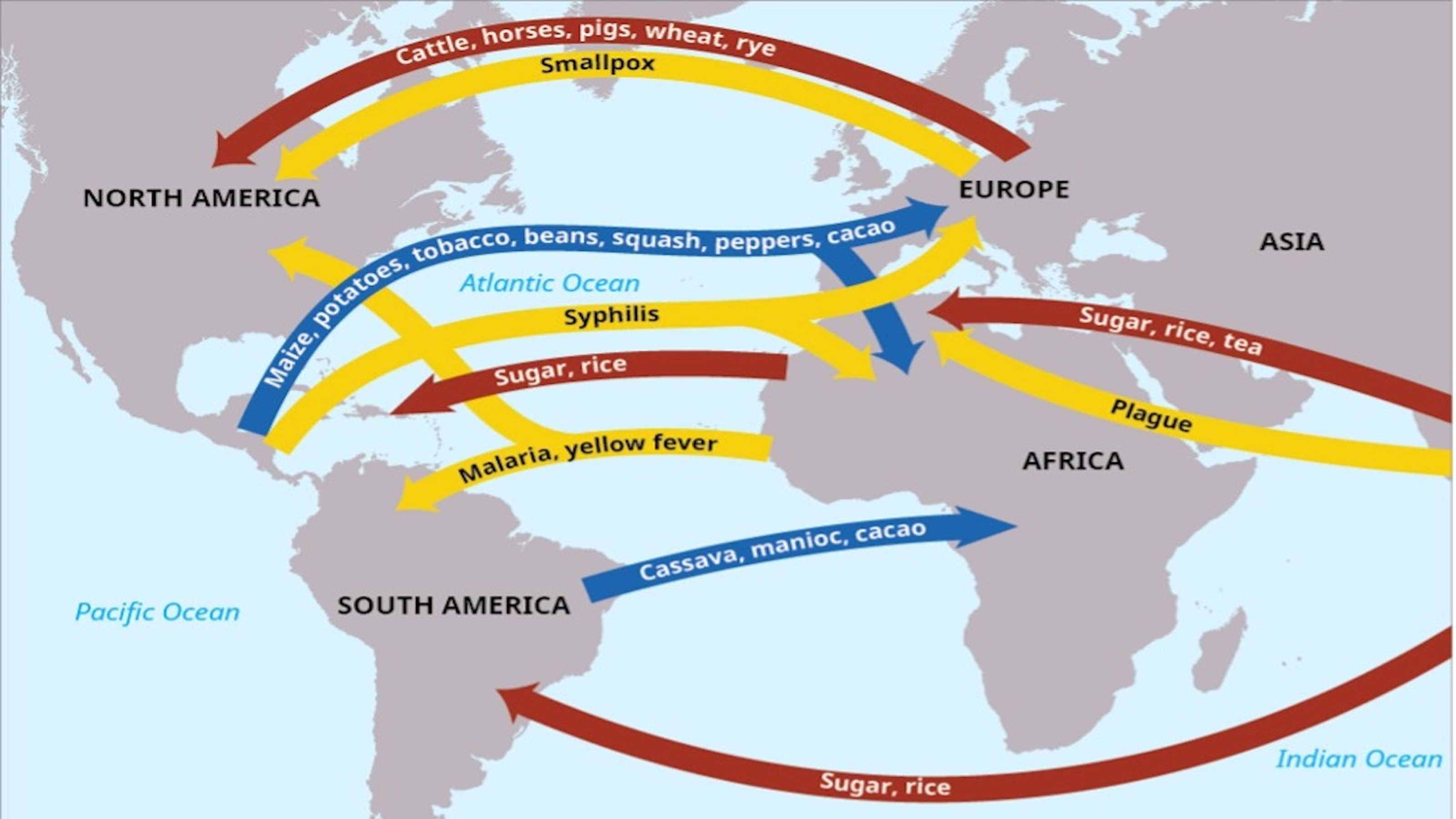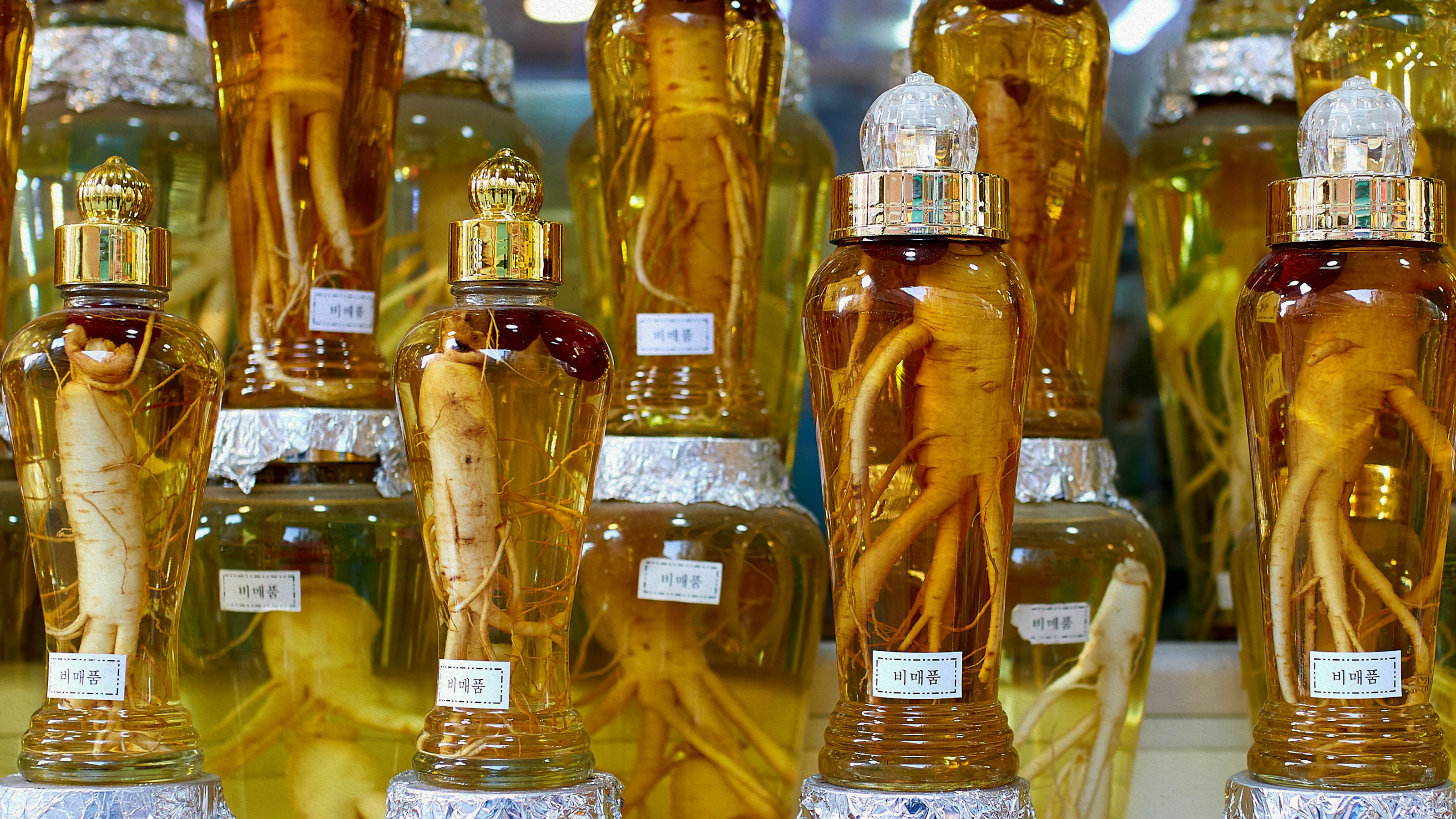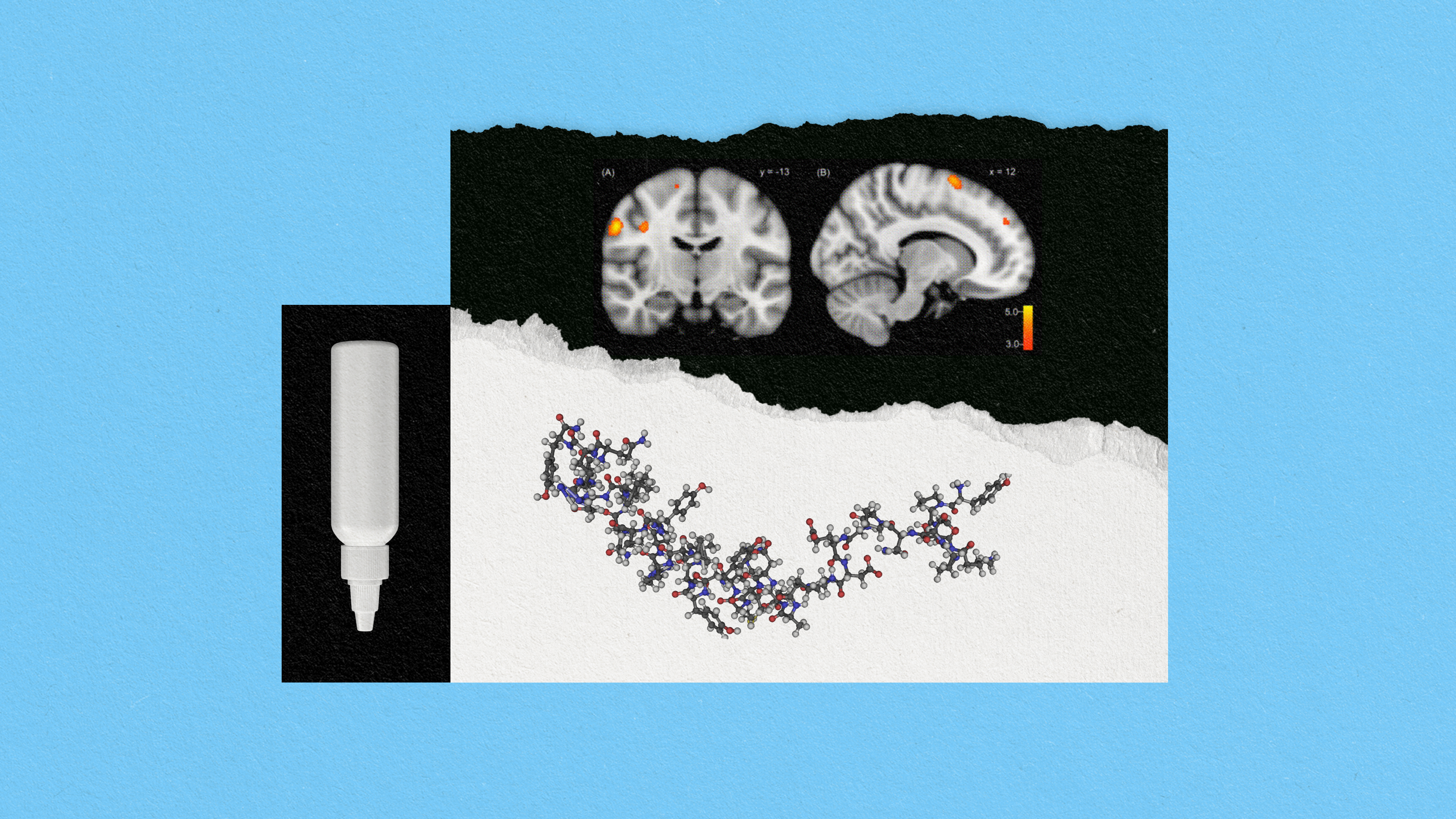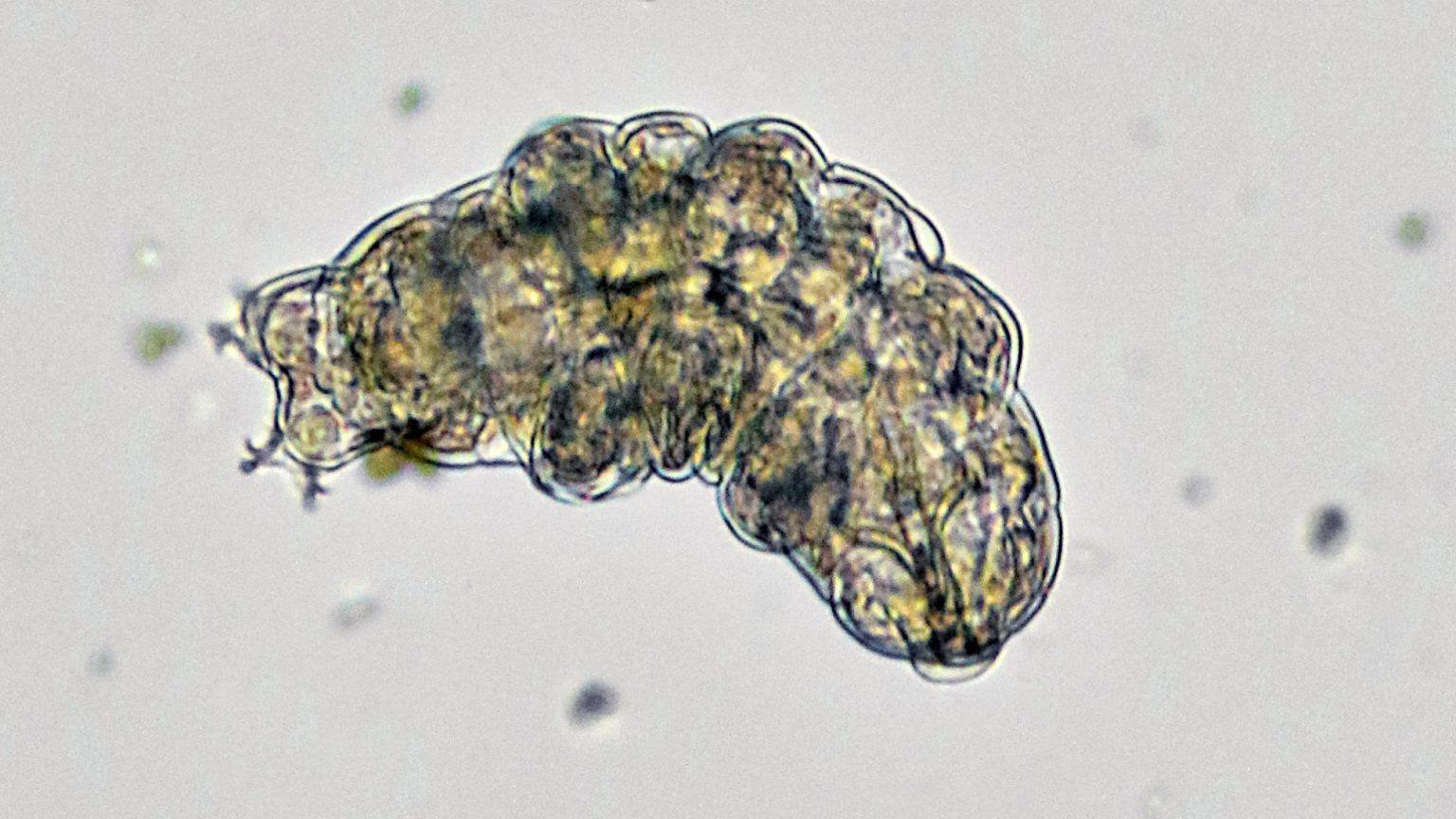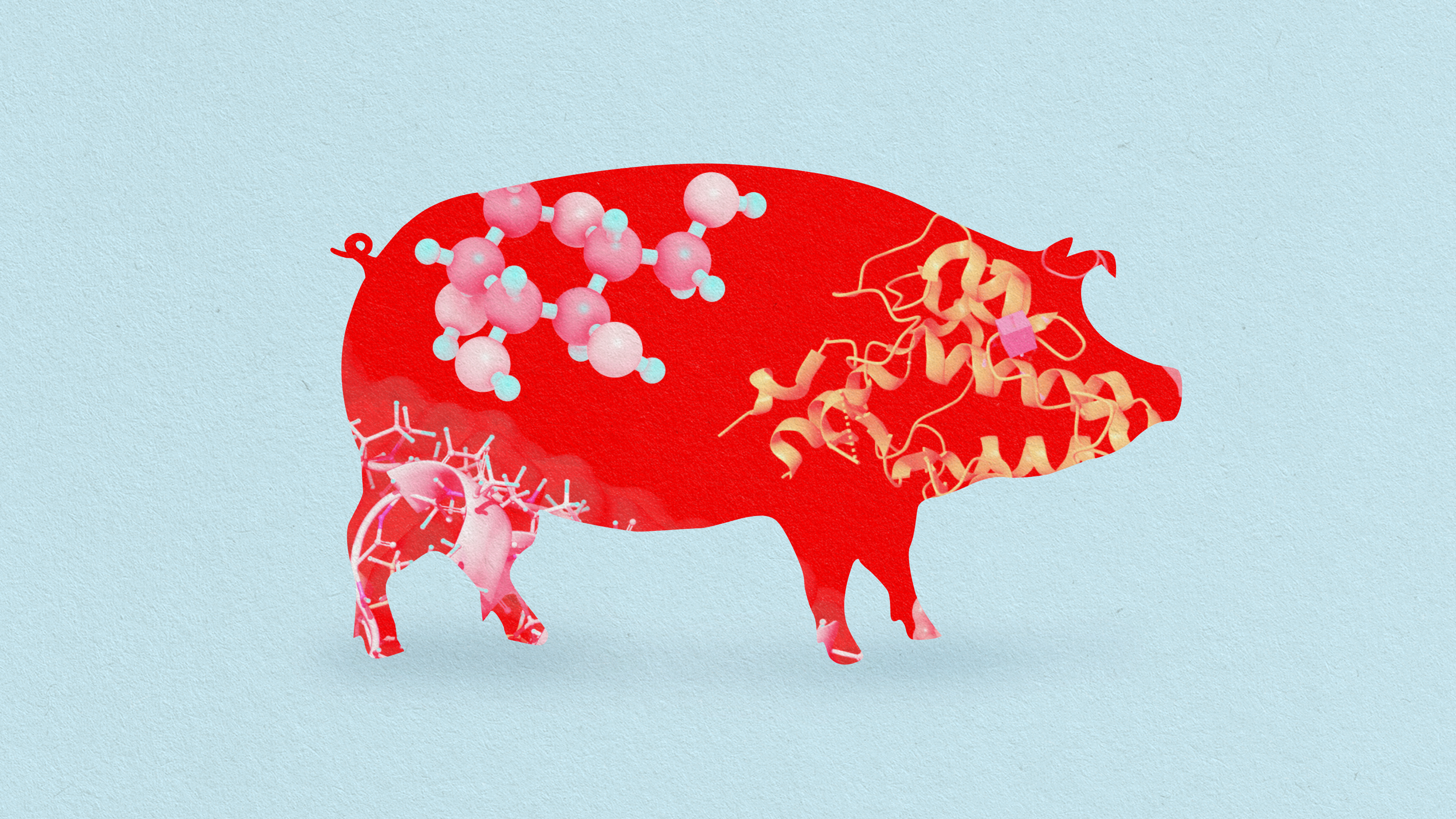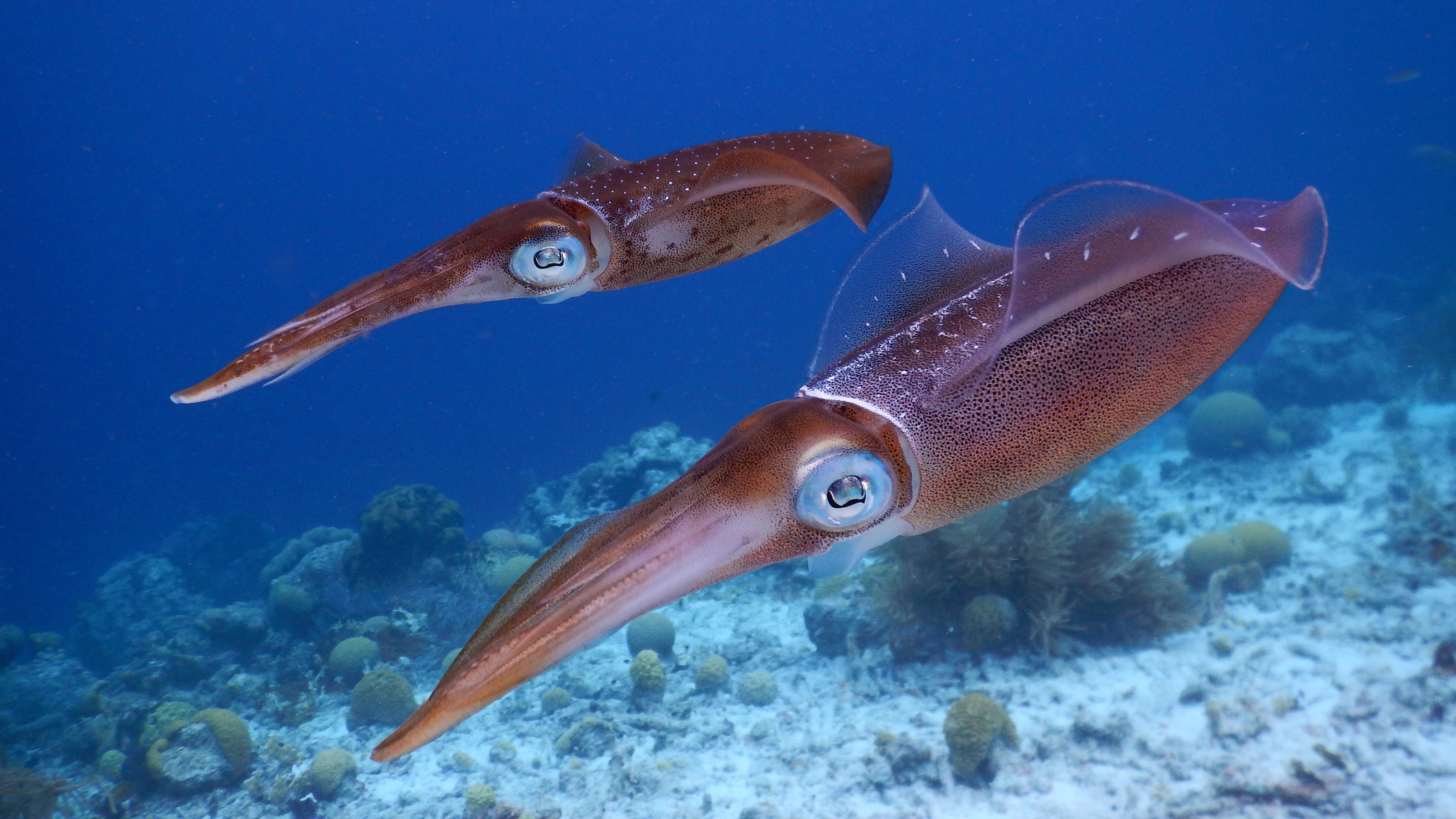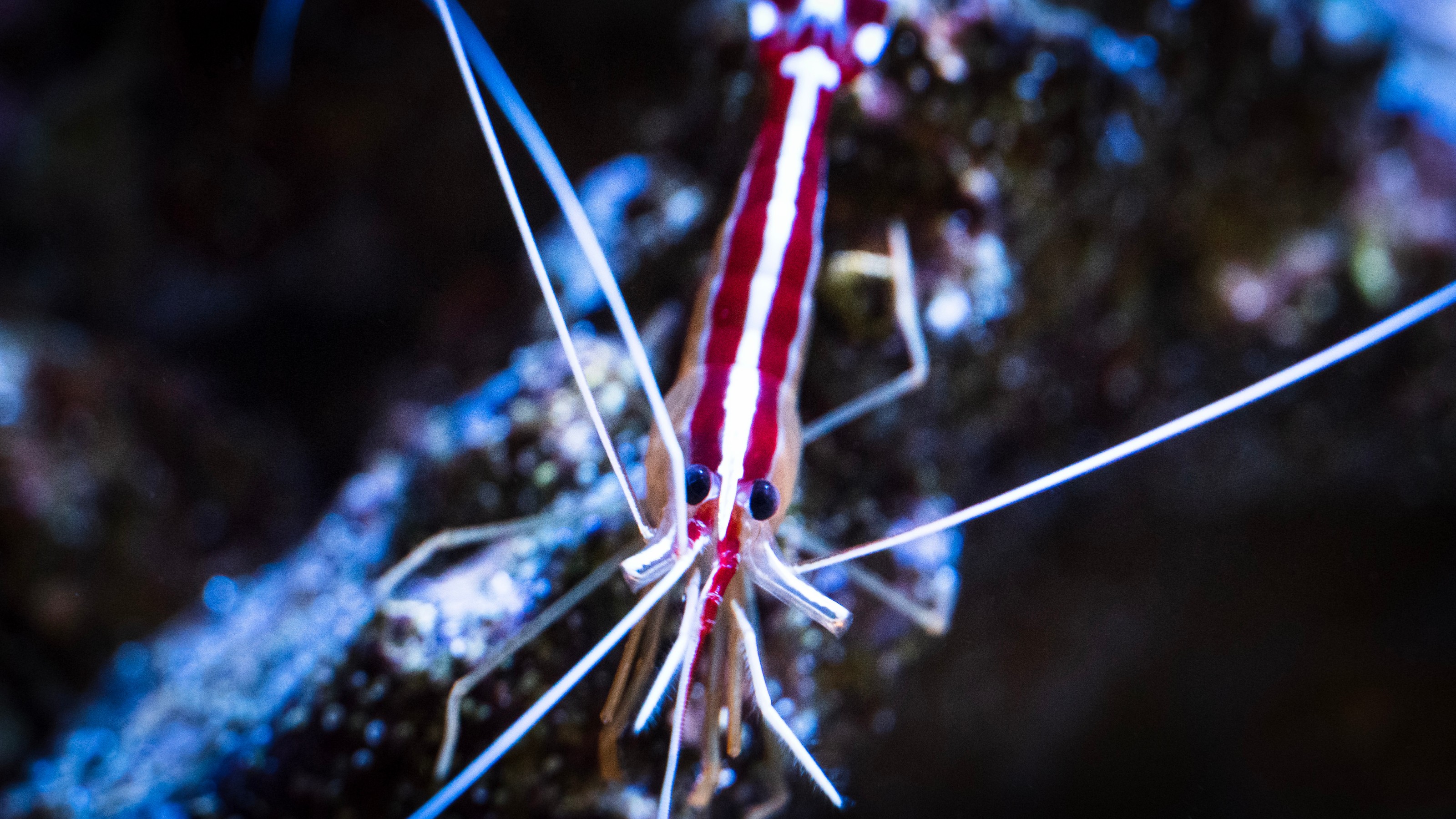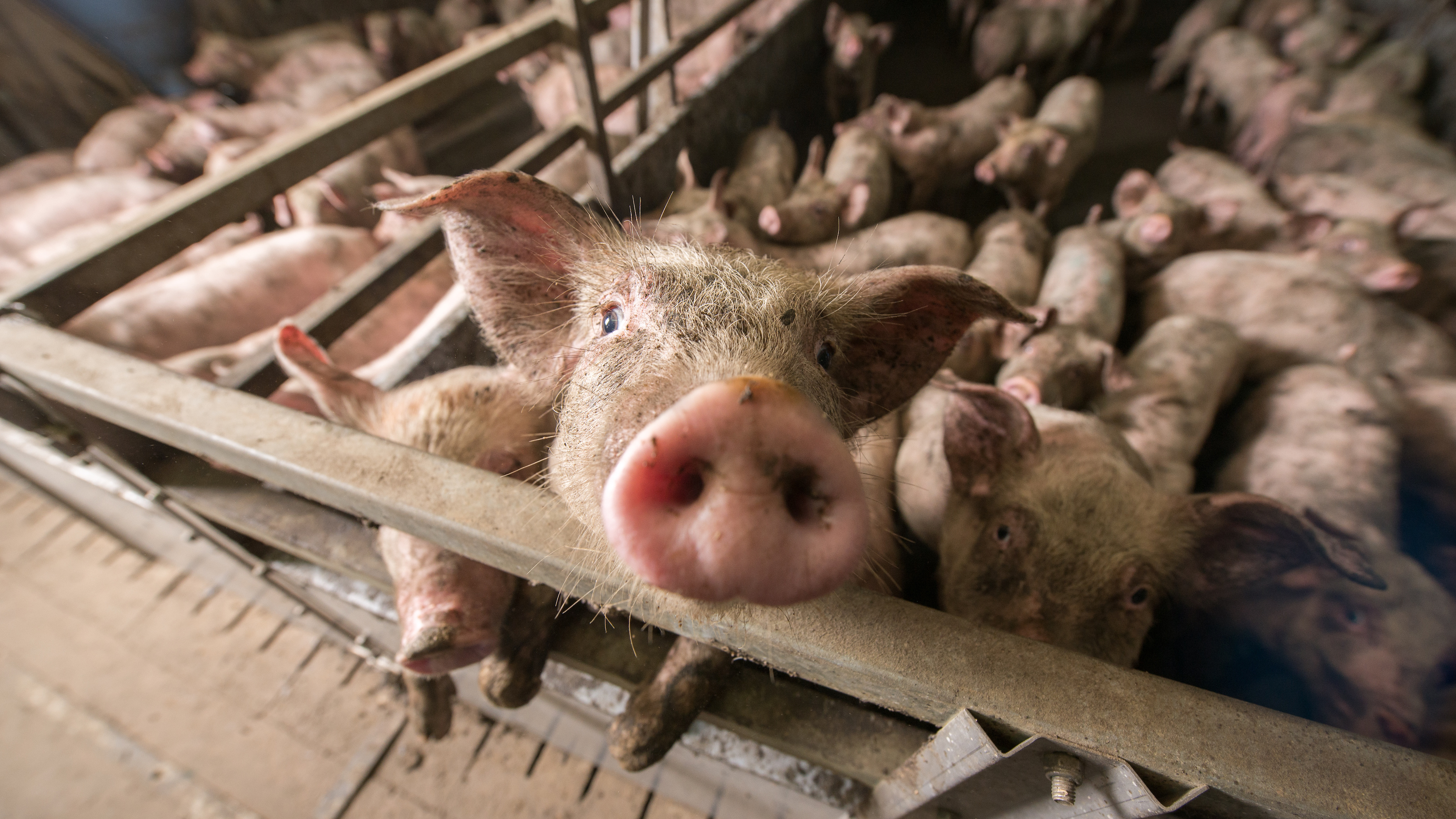animals
Successful alpha leadership is more about caring and healing than dog-eat-dog supremacy.
Over a third are worried that vaccines can cause “canine autism.”
To this day, one cult believes that Lemuria was real, and that its people left us the sacred wisdom to revive their advanced civilization.
“They decreased their drinking to the point that it was so low we didn’t record a blood-alcohol level.”
Smarter building materials can control indoor temperatures without external power.
The structure is fully developed in humans, partially developed in chimps, and completely absent in Old World monkeys.
Metaphors like the Great Chain of Being can lead people to misunderstand evolution and humanity’s place in the web of life.
In polarized times, our shared cellular origin can unite us in solidarity and awe — from the embryonic scale to the grandest cosmic perspective.
If cocaine affects sharks at all, it does so as an anesthetic, not as a stimulant.
Lab-grown meat may work better as a complement to animal agriculture rather than a replacement of it.
Hybrid animals emerge when two different species from the same family reproduce. For many years, the kunga’s lineage was just another genetic mystery.
The space‑specific neurons in the owl’s specialized auditory brain can do advanced math.
A dog’s breed isn’t as predictive of behavior as many think it is. Environment and upbringing play a much larger role.
A marine reptile fossil from Svalbard challenges ideas about evolution and Earth’s greatest mass extinction.
Quantum physics is starting to show up in unexpected places. Indeed, it is at work in animals, plants, and our own bodies.
For better and worse, the Columbian Exchange plugged the Americas into the global system — and there was no going back.
It is generally ineffective, occasionally poisonous, and driving numerous species to the brink of extinction.
Genetic profiles of many dog breeds appear as if siblings mated.
A photographer captured Bern’s eclectic and charming feline structures.
In the ongoing battle against PTSD, a potential new weapon emerges: a nasal spray loaded with neuropeptide Y.
Primatologist Frans de Waal inadvertently popularized the term “alpha male.” Now, he’s debunking common stereotypes to explain what an “alpha male” really is — empathetic and protective.
▸
7 min
—
with
Rich data on the global state of our feathered friends presents plenty of bad news — but also some bright spots.
If you think you know what sex, gender, and “the right thing to do” for trans youth and adults are, be sure it agrees with actual science.
Tardigrades can completely dehydrate and later rehydrate themselves, a survival trick that scientists are harnessing to preserve medicines in hot temperatures.
Energy balance is the greatest arbiter of weight gain. Embrace the “oinker diet.”
Numerous videos online show that squid undergo a dramatic color-changing effect after being stunned or killed.
The intensely white coloration of the shrimp is a remarkable feat of bioengineering.
Within a month of that initial conversation, Peter Singer became a vegetarian.

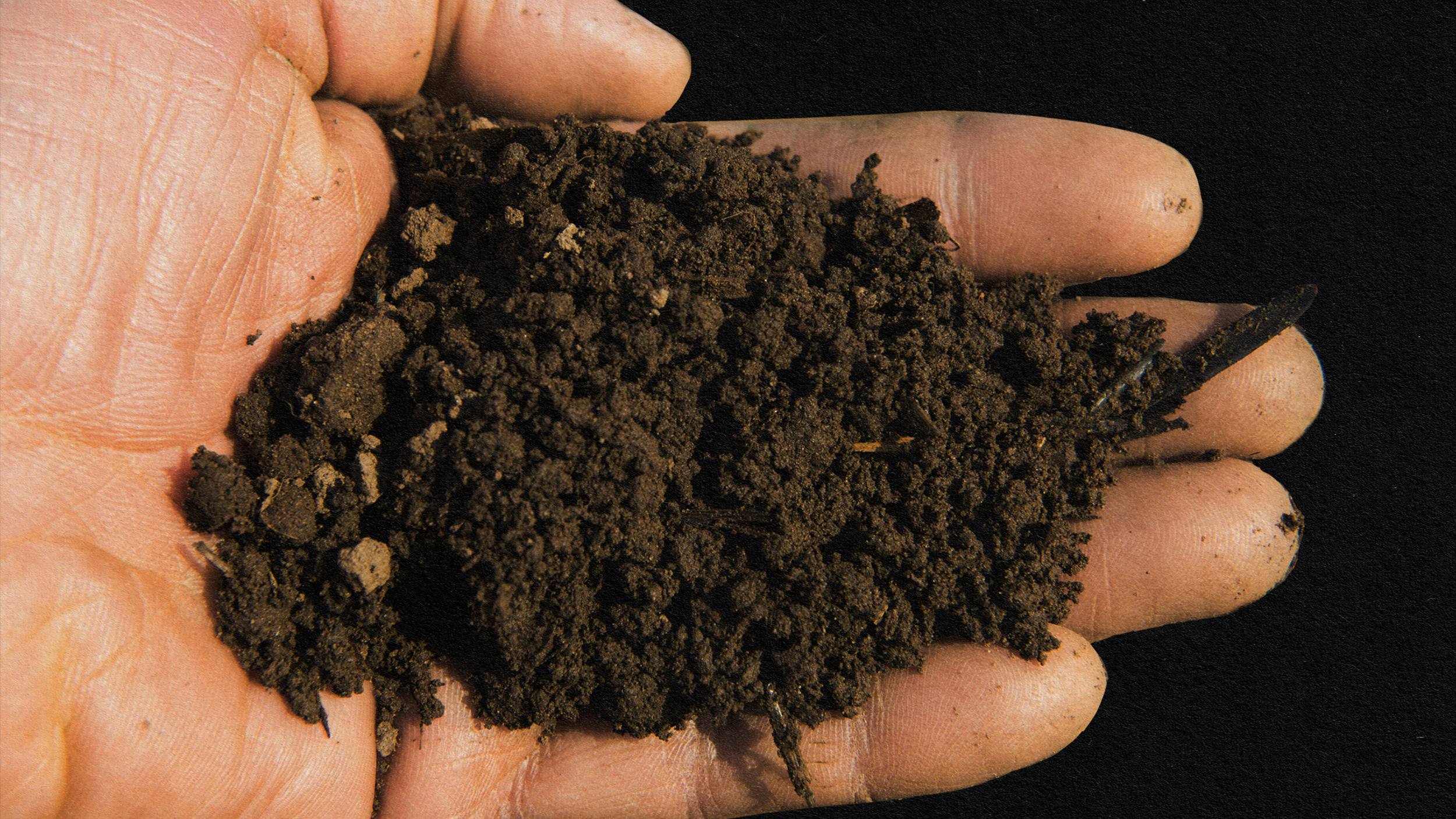

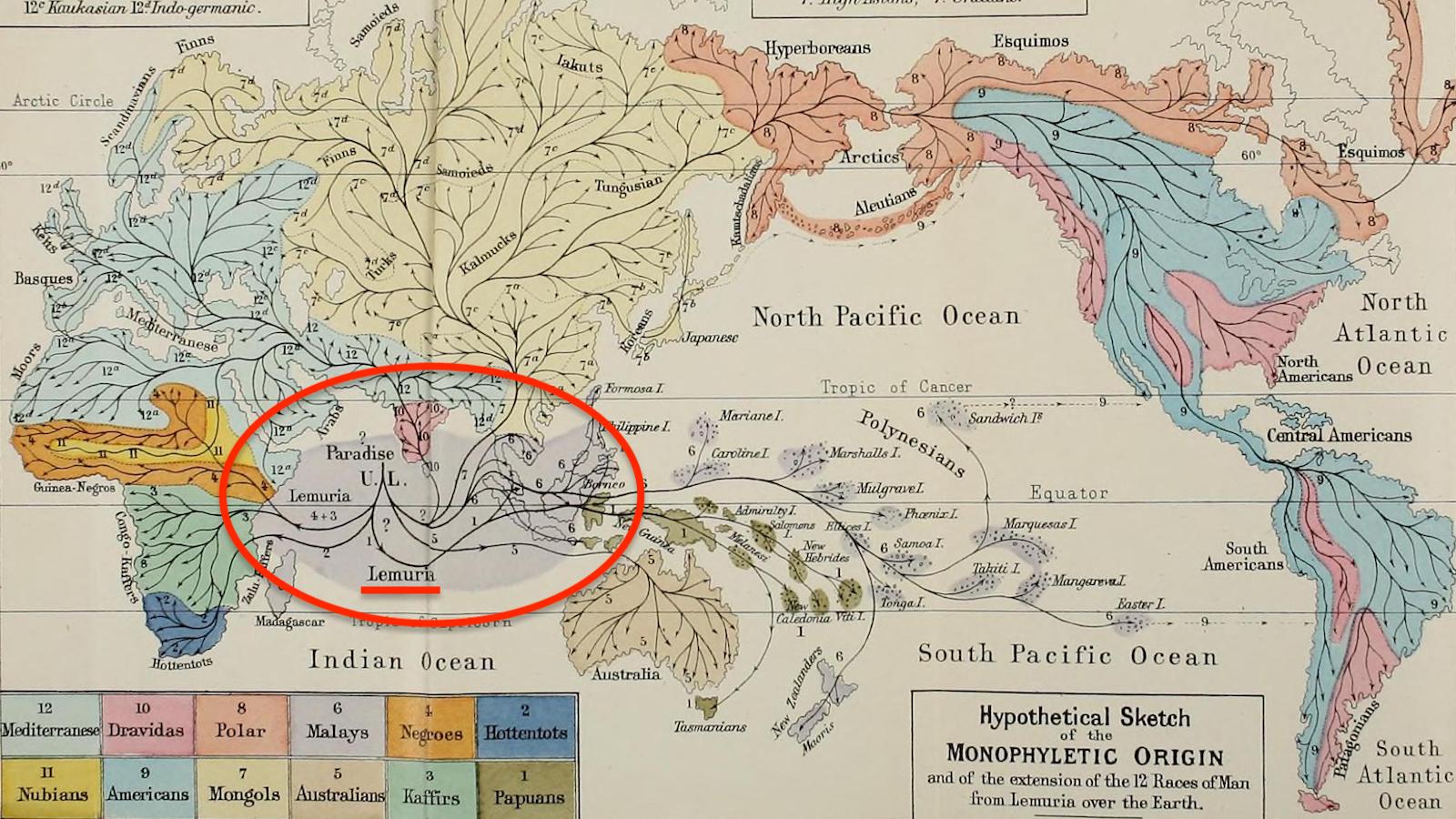
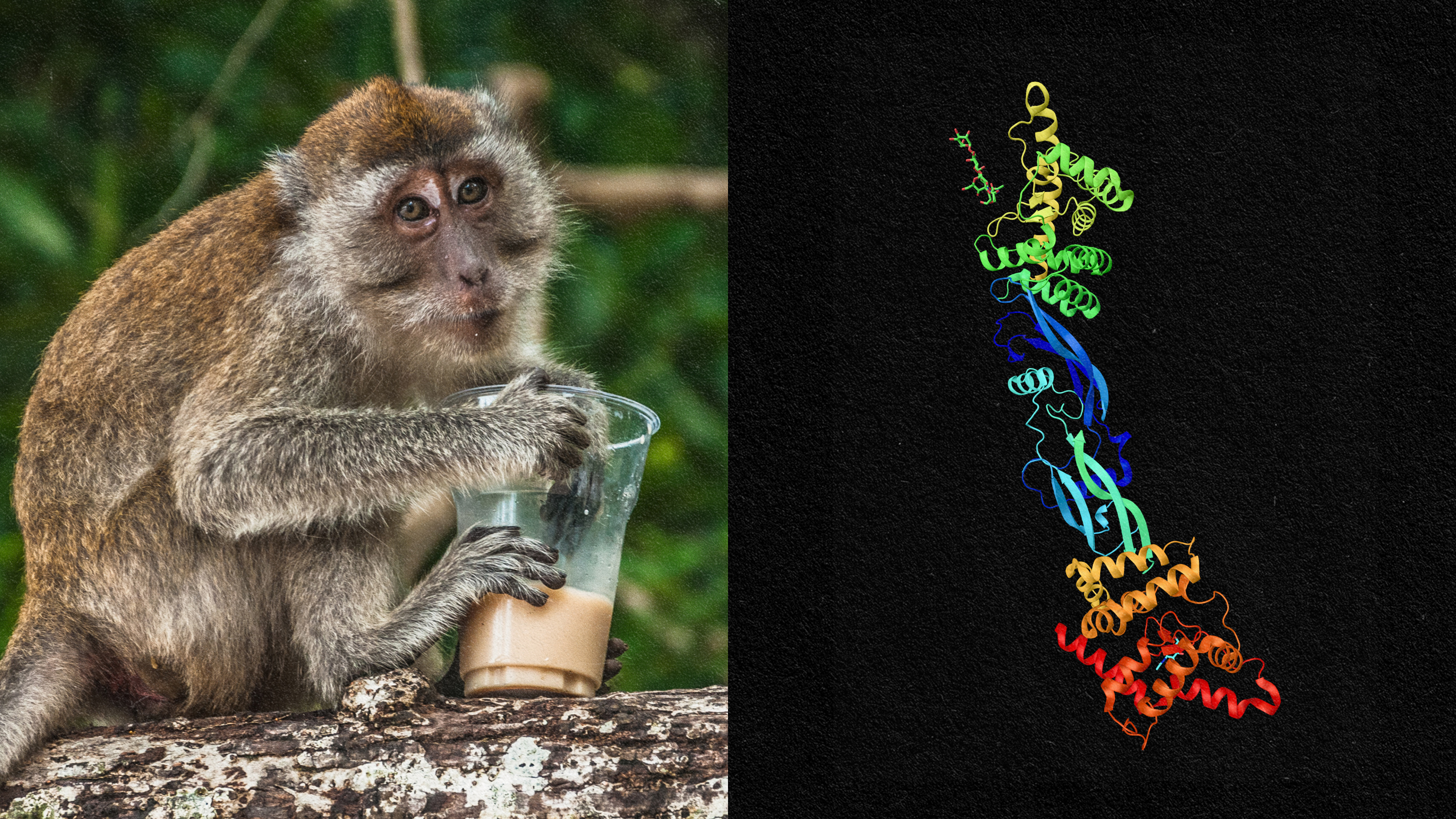

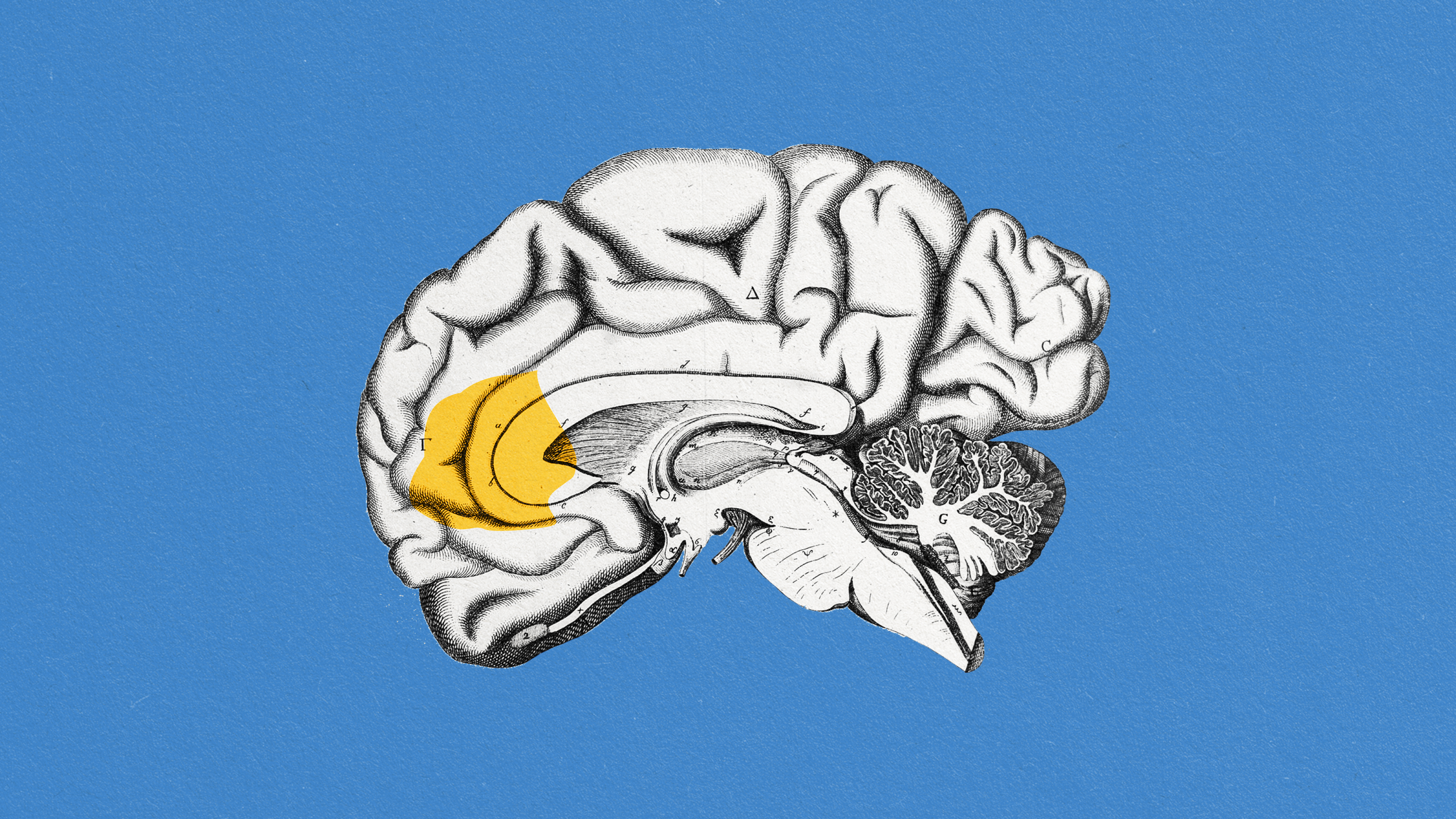
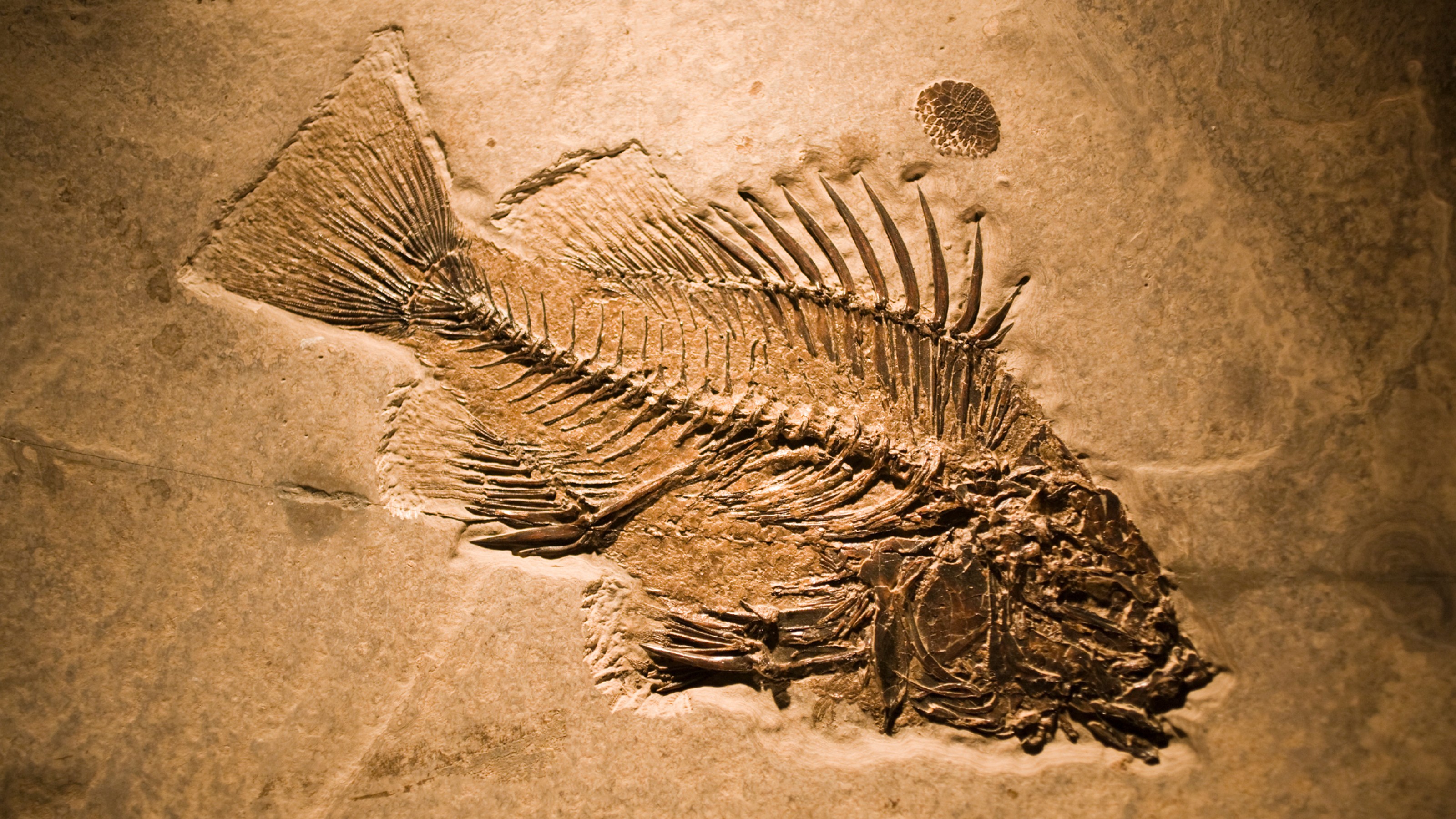
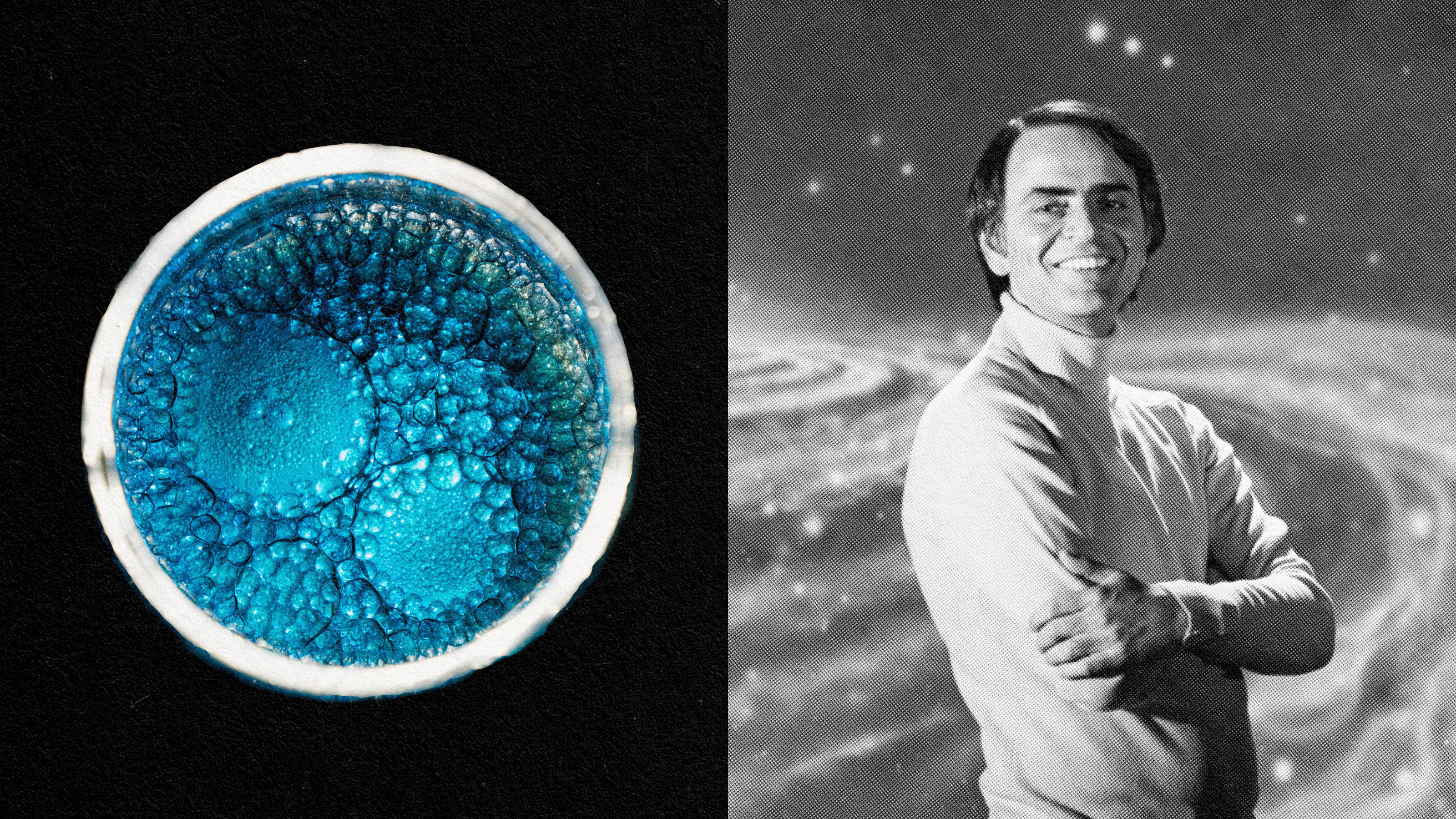
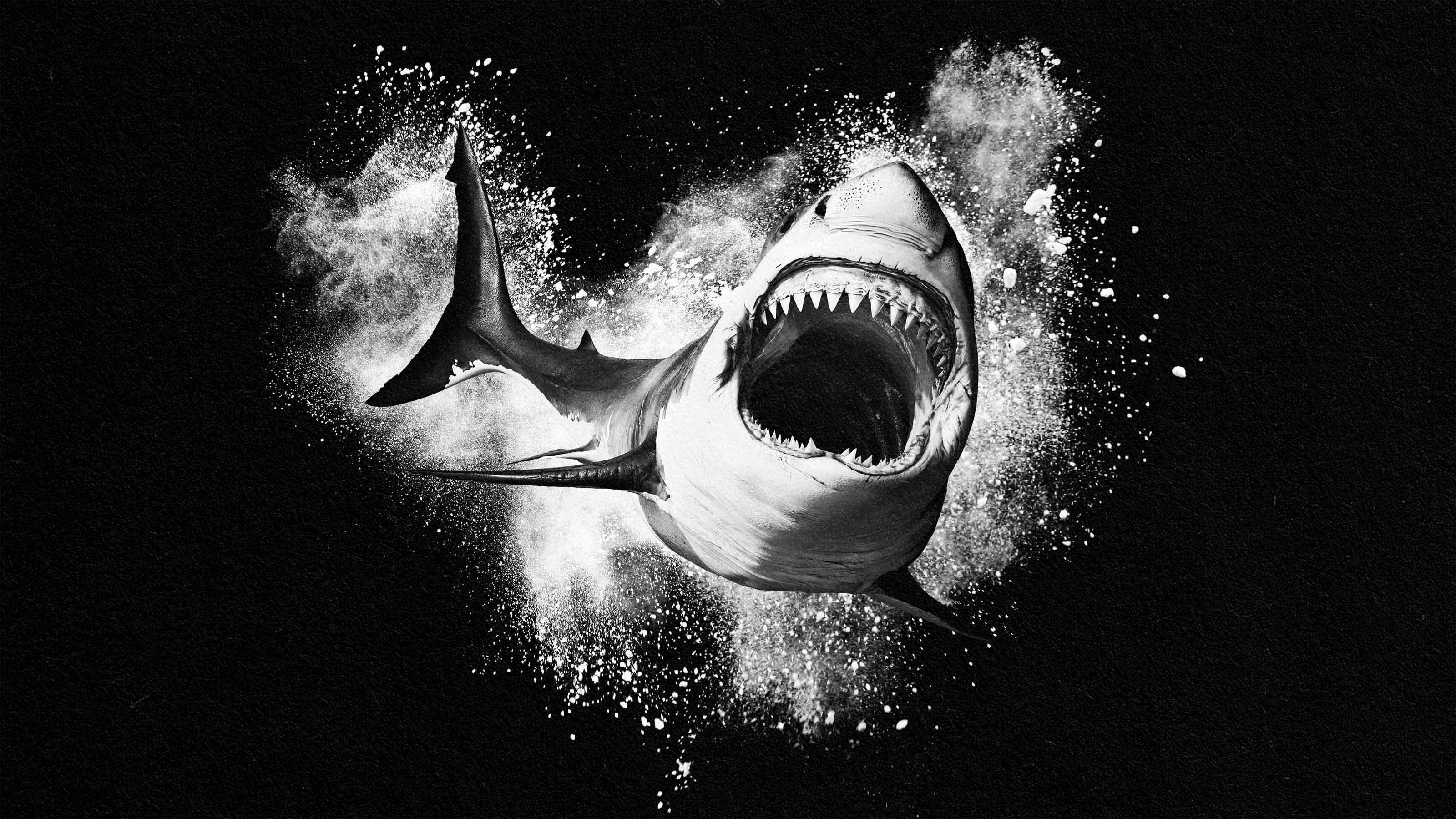

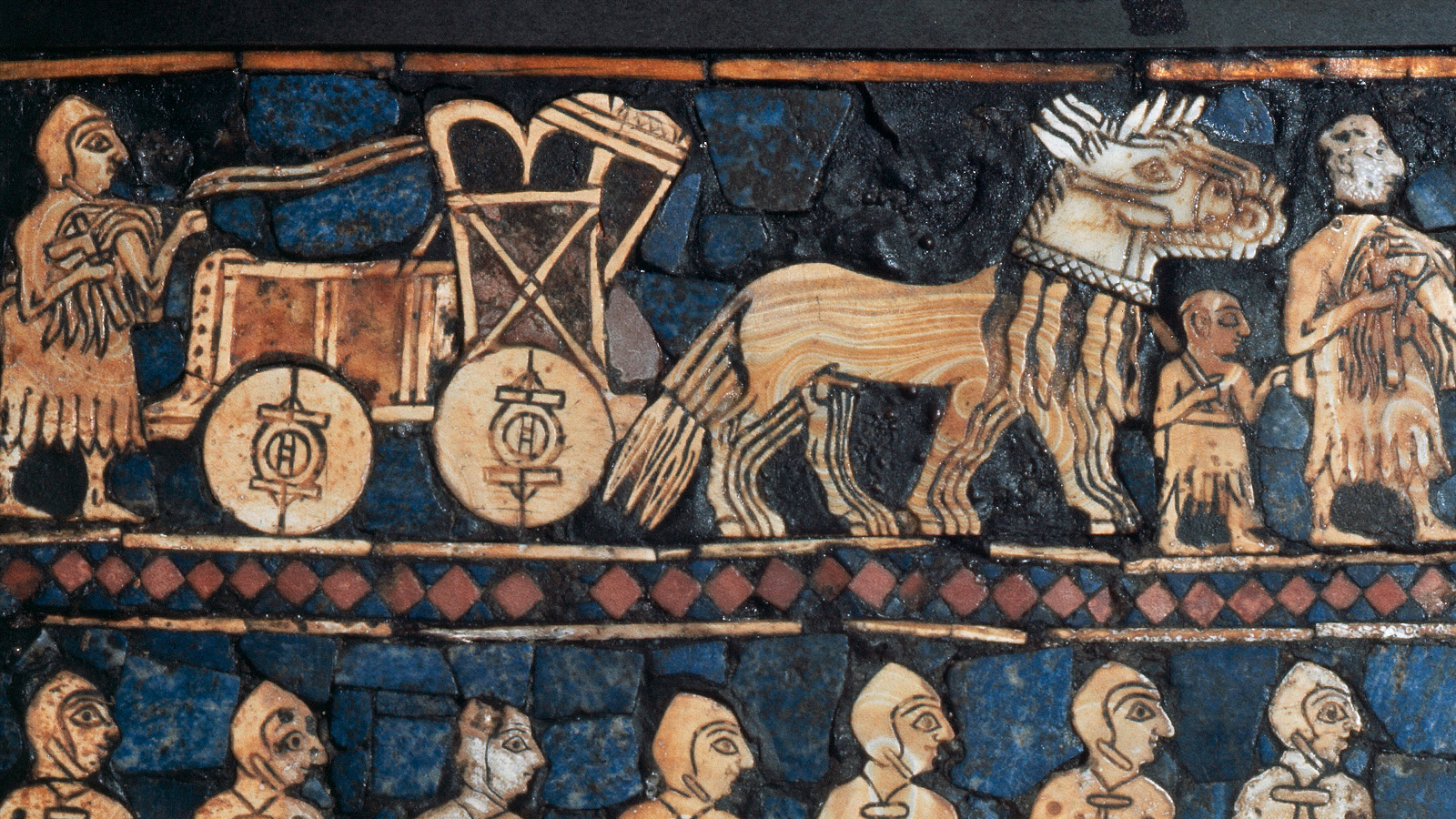
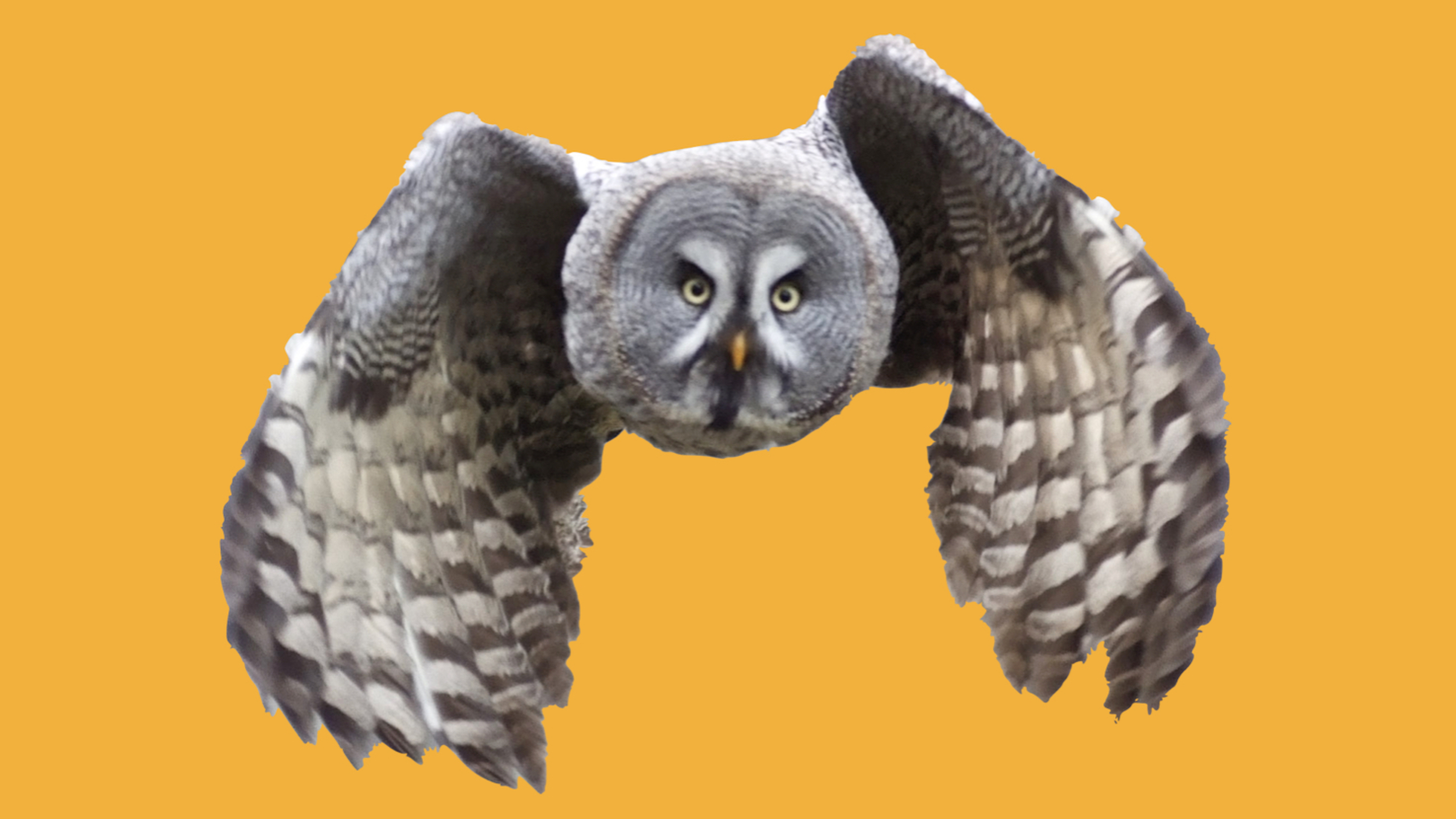
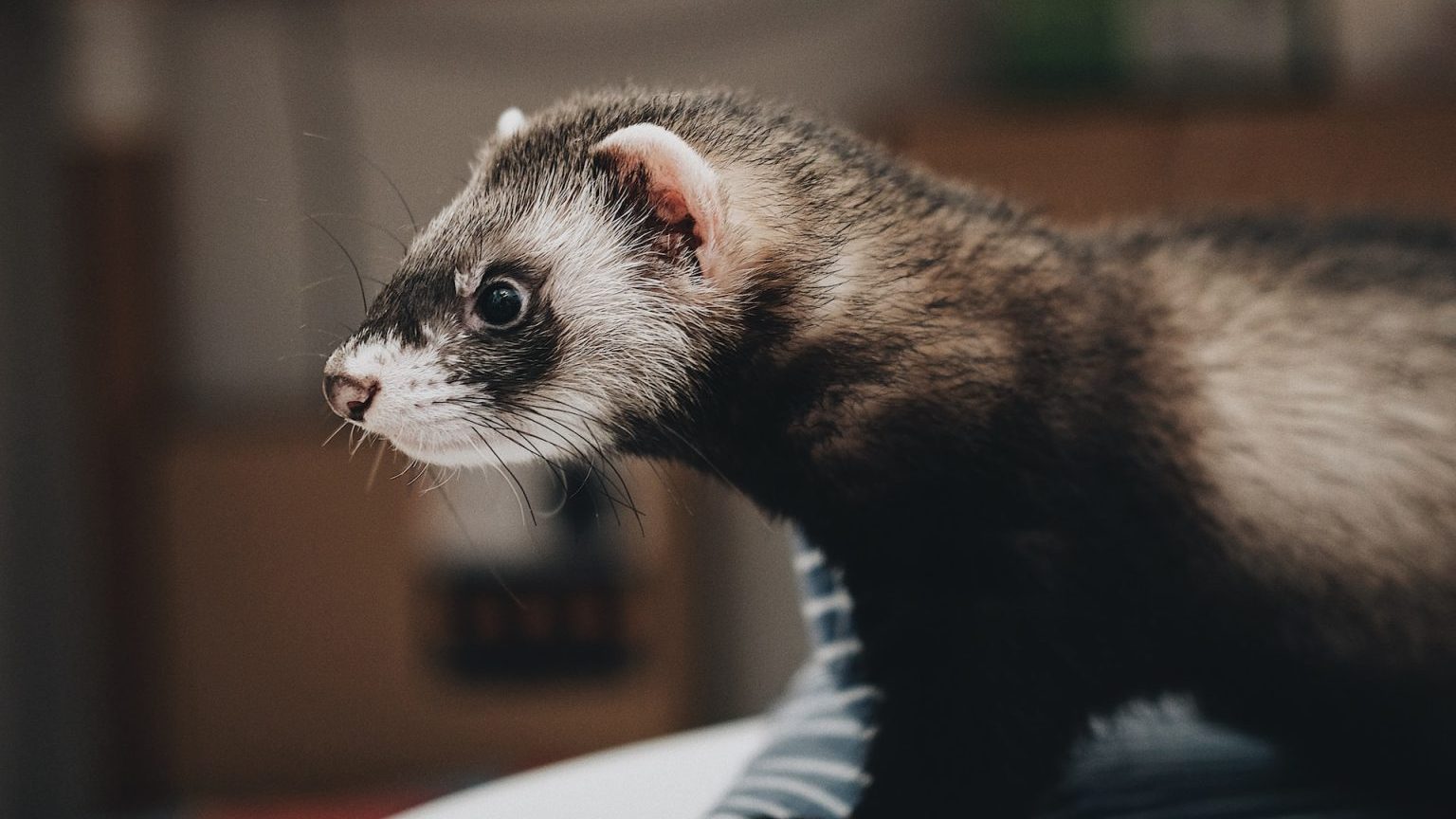
![a photo of a [dog breed] on a pink background.](https://develop.bigthink.com/wp-content/uploads/2022/04/dog2.jpg)
